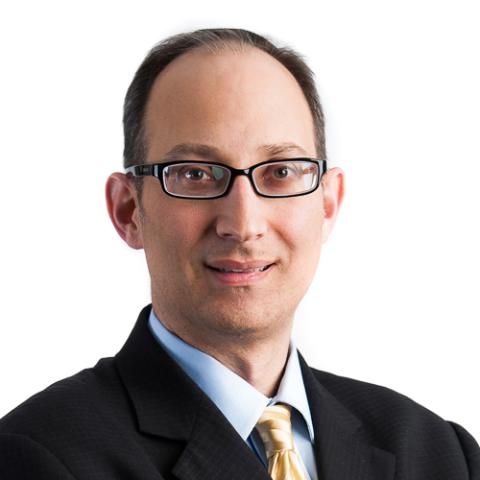President Obama has reportedly selected Margaret Hamburg and Joshua Sharfstein to serve as commissioner and deputy commissioner, respectively, of the Food and Drug Administration (FDA).
These announcements come at a tough time for the FDA, which is as usual beset by critics on all sides for a host of issues, mainly related to how fast--and whether--it approves products, per their statutory mission, as "safe and effective." The "safety" people want the FDA to go slower. The "effectiveness" people generally tend to want the FDA to go faster. Neither side, of course, believes that its approach would jeopardize the other side's main concern.
In picking Hamburg, the Obama team has seemingly avoided taking sides in this debate. Hamburg has been confirmed before, as assistant secretary for planning and evaluation at the Department of Health and Human Services during the Clinton administration, and she is unlikely to face many difficulties in the Senate this time around. She is currently a senior scientist at the Nuclear Threat Initiative. She has also worked at the National Institutes of Health and served as New York City's Health Commissioner. She clearly understands public health and is well versed in homeland security issues.
In a speech at Georgetown University a few years back, Hamburg told a story that showed how worried she is about bioterrorism. Apparently, Hamburg's mother, the first African-American woman to earn a medical degree from Yale, used to display a Margaret Mead quote on the Hamburg's refrigerator door: "Never doubt that a small group of thoughtful, committed citizens can change the world. Indeed, it is the only thing that ever has."
Hamburg, however, may have learned a different message from the quote than the one intended. As she elaborated, "When I was growing up, I saw only the positive side of that quote. Now I see the darker side." Given these interests, her selection may indicate an interest in making sure the FDA increases its capabilities related to the threat of intentional contamination of our food supply.
While Hamburg is extremely concerned about homeland security, there is also little doubt that she is on the left side of the political aisle. The Wall Street Journal has reported that she pushed for a clean needle exchange program in New York, opposed a morality oath related to abstinence-only sex education and is also opposed to "moral judgment" or "wishful thinking" with respect to teaching kids how to avoid HIV/AIDS. But none of these issues are crucial to the mission of the FDA commissioner, which is to make sure it is approving safe and effective products.
Of course, the job is not quite that simple. Recent problems with tainted peanut butter and salsa on the food side and dangerous side effects from Cox-2 inhibitors like Vioxx in the drugs area have led critics to assert that the FDA is not doing its job.
At the same time, lengthy and costly approval periods--which average 10 years and $1 billion per product under consideration--raise important questions about whether the FDA is doing its part to make sure innovative new therapies can reach patients who need them.
Negative media and congressional attention exacerbate this problem and can make the agency reluctant to grant final approval to new products. In fact, there is some evidence that approvals of products in Phase III, the last level of assessment before products go to market, has declined in recent years--indicating that FDA officials may be nervous about the folks who are looking over their shoulders. This timidity has been particularly worrisome when it comes to approving new cancer drugs as well as antibiotics, which are needed to combat increasingly resistant infections contracted during hospital stays.
In contrast to Hamburg, Sharfstein, who is currently Baltimore's health commissioner, is more controversial. A former staffer to Rep. Henry Waxman, D.-Calif.--who is a persistent critic of the drug manufacturers--Sharfstein has faulted drug companies' ties to doctors and politicians and been a forceful advocate for FDA regulation of tobacco.
Tobacco is a problem area for the FDA for two reasons. First, the body regulates food and drugs and deems them safe for use. Tobacco, however, is neither a food nor a drug, and for the FDA to declare it safe in any way could muddle its role as a lead advocate for public health. Second, the FDA is terminally resource constrained--not only with respect to dollars but also with respect to the time commitments of its top officials. Adding tobacco to the FDA's responsibilities would stretch the agency's capabilities and complicate the commissioner's already arduous job.
Sharfstein, as an unconfirmed appointee, can start immediately, and Hamburg can follow as soon as she receives the Senate's blessing. In spite of these obstacles, President Obama is likely to receive and sign some kind of FDA tobacco bill, adding to the challenges Hamburg and Sharfstein face.
The plan may even be to have Sharfstein come to the FDA in a nonconfirmed position and allow the more experienced Hamburg--she's 54, he's 39--to groom him to be the commissioner at some point in the future.
Either way, they need to get cracking. A well-run FDA is crucial to ensuring that Americans continue to get access to the best new therapies our innovators have to offer.
















